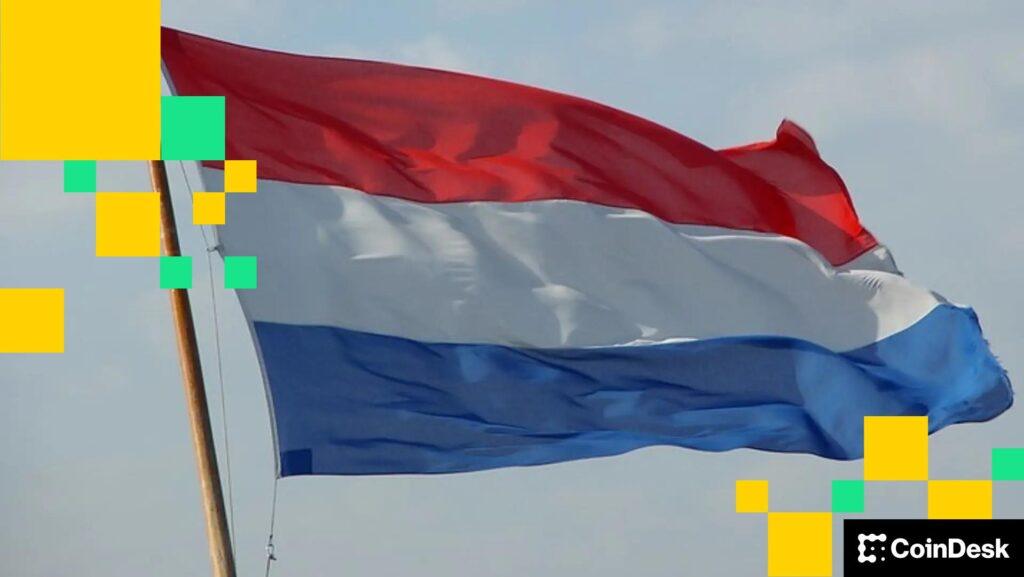Until the final hours of the Dutch election on October 29, Polymarket traders were confident that Geert Wilders’ nationalist Partij voor de Vrijheid (Party for Freedom) would cruise to victory.
The market barely budged as Rob Jetten’s social liberal Democraten 66 (Democrats 66) climbed in all major polls. Then, within minutes of the first exit poll, D66 odds exploded from 5% to 100%, wiping out millions in overconfident PVV yearnings.
With 98% of the vote counted, the D66 and PVV were both expected to take 26 seats in parliament’s 150-seat lower house, Reuters reported on Thursday. This is a loss of 11 mandates for the PVV.
Kalshi was not much better, with traders overpricing Wilders’ PVV until election day.
Data from Polymarket Analytics suggests the markets became a test of conviction rather than foresight as traders stuck to losing PVV bets out of faith. Many held static positions for weeks, while a smaller group of data-driven participants quietly capitalized on the late D66 surge.
During the recent US presidential election, all sorts of theories emerged as to why Polymarket gave a prize to now-President Donald Trump. Perhaps it was the participation of crypto holders who tend to lean right.
One theory was that foreign money tried to influence the vote by skewing the markets. This theory was reinforced when a French citizen using the handle “Theo” spread pro-Trump and pro-Republican bets across a number of accounts.
Theo, it turned out, had no political agenda, as he told the Wall Street Journal. Instead, the self-styled wealthy banker determined that the national poll had holes and instead commissioned his own, which involved the polls asking respondents who they thought their neighbors would vote for.
The study confirmed his thesis that the polls were wrong about Trump’s chances of victory, and he was confident enough to put in $30 million.
But for the Dutch election there was no Theo. There were plenty of conviction traders that acted as effective counterparties with exit liquidity.
Accounts like “WhiteLivesMatter” – whose username reflects their political views – poured tens of thousands into PVV “yes” contracts and never flinched, even as Ipsos and Peil.nl polls shifted decisively towards D66.
The positions sat unchanged for weeks, according to Polymarket Analytics. It wasn’t a lack of information that doomed them, but a refusal to process it.
The static stance was in stark contrast to traders like “Wisser” and “ciro2” who moved early on late poll data and made six-figure profits from the same volatility that crushed PVV stalwarts. These participants used the market as a rational actor in an attempt to make money with trades, not as a scoreboard for ideology.
Ultimately, the prediction markets acted as mirrors, not predictors, reflecting the biases of their users. Where Theo used polling to challenge the consensus, some traders ignored it completely.
In a market with thin liquidity, the result was a real-time experiment in how markets can be rational in theory and yet irrational in practice, especially when conviction outweighs curiosity.
Read more: Polymarket is 90% accurate in predicting world events: Research



